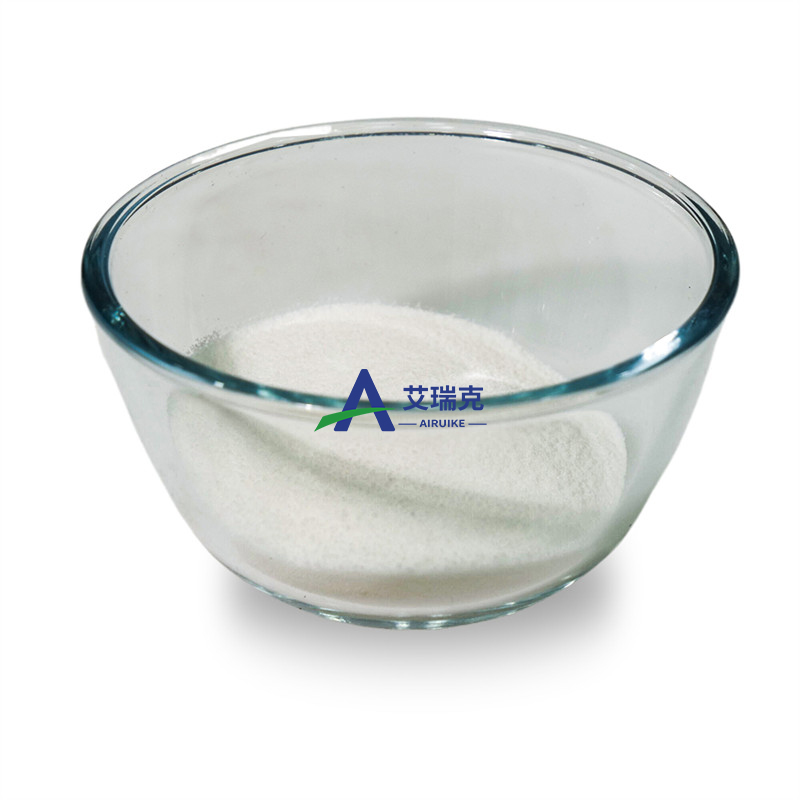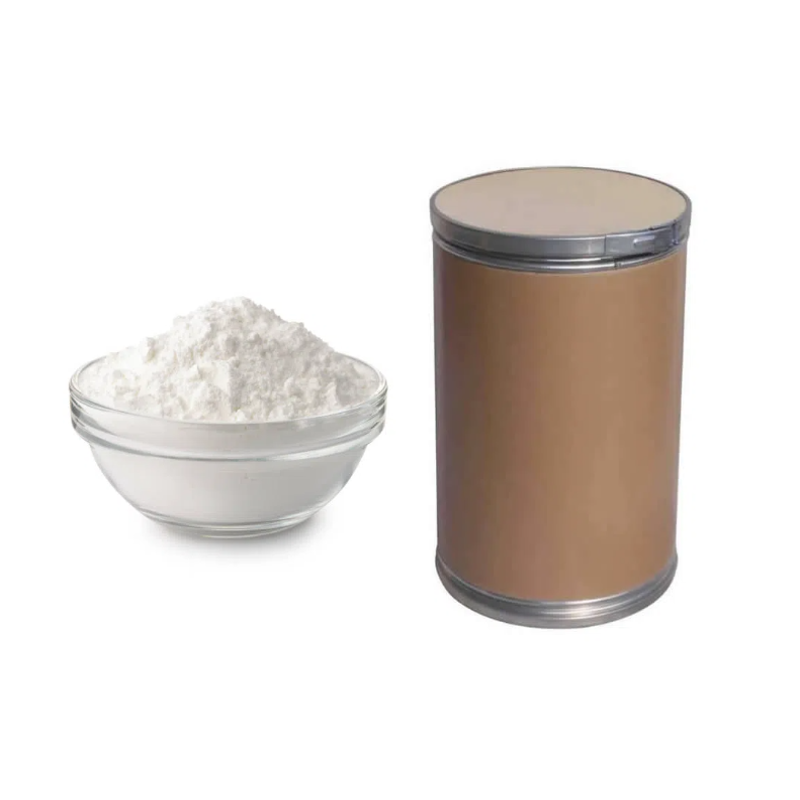-
Categories
-
Pharmaceutical Intermediates
-
Active Pharmaceutical Ingredients
-
Food Additives
- Industrial Coatings
- Agrochemicals
- Dyes and Pigments
- Surfactant
- Flavors and Fragrances
- Chemical Reagents
- Catalyst and Auxiliary
- Natural Products
- Inorganic Chemistry
-
Organic Chemistry
-
Biochemical Engineering
- Analytical Chemistry
-
Cosmetic Ingredient
- Water Treatment Chemical
-
Pharmaceutical Intermediates
Promotion
ECHEMI Mall
Wholesale
Weekly Price
Exhibition
News
-
Trade Service
In general, untreated metastatic urothelial carcinoma (mUC) can be divided into three types: suitable for patients with cisplatin-containing regimens, suitable for patients with carboplatin-containing regimens, and unsuitable for patients with any platinum-containing regimens
.
This article summarizes the research progress and treatment plan related to the first-line treatment in the 2021 EAU guidelines for metastatic urothelial carcinoma
.
Table is suitable/not suitable for first-line platinum-containing treatment of metastatic urothelial cancer.
Suitable for cisplatin-based first-line chemotherapy.
At the end of the 1980s, cisplatin-containing treatment became the standard treatment for metastatic urothelial cancer
.
The median overall survival (OS) of methotrexate + vincristine + adriamycin + cisplatin (MVAC) and gemcitabine + cisplatin (GC) regimens reached 14.
8 months and 13.
8 months, respectively, and the overall response rate ( ORR) reached 46% and 49% respectively
.
Compared with the standard MVAC regimen, the GC regimen is less toxic.
Therefore, the GC regimen has become the standard treatment regimen for metastatic urothelial cancer
.
The survival period of patients with different disease sites is different
.
The 5-year survival rate for patients with lymph node disease is 20.
9%, and the 5-year survival rate for patients with visceral metastasis is only 6.
8%
.
Long-term follow-up trials have shown that about 10-15% of patients with metastatic urothelial cancer can survive for more than 5 years, indicating that this small number of patients benefit from cisplatin-containing treatment options
.
Up to 50% of patients who are suitable for carboplatin-based first-line chemotherapy are not suitable for cisplatin-containing chemotherapy
.
A phase II/III randomized clinical study compared two carboplatin-containing treatment options (methotrexate/carboplatin/vincristine [M-CAVI] vs gemcitabine/carboplatin [GemCarbo]) for unsuitable cisplatin The efficacy of platinum in patients with metastatic urothelial carcinoma
.
The results showed that the incidence of severe acute toxicity of GemCarbo and M-CAVI was 13.
6% and 23%, respectively, and the ORR was 42% and 30%, respectively
.
Based on this, the combination of gemcitabine and carboplatin should be considered as the standard treatment for such patients
.
The effective rate of gemcitabine + paclitaxel for first-line treatment is 38-60%, but it has not been verified in prospective studies
.
The non-platinum combination regimen is currently not recommended for the first-line treatment of patients with platinum chemotherapy
.
Single-agent chemotherapy is not recommended for the first-line treatment of patients with metastatic urothelial cancer
.
Immunotherapy is added to the platinum-containing first-line treatment plan.
In 2020, the researchers announced the data of three clinical research trials of IMvigor130, KEYNOTE-361, and DANUBE
.
The IMvigor130 study evaluated the efficacy of atilizumab + platinum + gemcitabine vs chemotherapy + placebo vs atilizumab in patients with metastatic urothelial cancer
.
The study reached the primary endpoint of progression-free survival (PFS)
.
In the ITT population, the median PFS of the combination treatment group and the chemotherapy group were 8.
2 months and 6.
3 months, respectively (HR=0.
82, P=0.
007)
.
In the interim analysis, there was no significant difference in overall survival (OS) between the two groups
.
In the case of no benefit from OS, the clinical significance of the small PFS benefit deserves further exploration
.
The KEYNOTE-361 study design is similar to IMvigor130.
The current results show that the combination therapy does not improve PFS and OS
.
The DANUBE study aims to evaluate the efficacy of tremelimumab+duvalizumab and contrast varizumab in patients with metastatic urothelial cancer
.
The study did not meet the primary endpoint
.
Immunization monotherapy for patients who are not suitable for cisplatin-containing chemotherapy Based on two single-arm phase II studies, pembrolizumab and atelizumab have been approved by the FDA and EMA for PD-L1 positive patients who are not suitable for cisplatin First-line treatment
.
PD-L1 positive is defined as the PD-L1 comprehensive positive score (CPS) ≥ 10 (pembrolizumab) using the Dako 22C33 test, and the PD-L1 tumor infiltrating immune cells ≥ 5% (atitizumab) using the Ventana SP142 test MAb)
.
The IMvigor130, KEYNOTE-361, and DANUBE studies all set up a single-agent immunotherapy group.
The results show that single-agent immunotherapy does not significantly improve PFS and OS compared with platinum-containing chemotherapy
.
Therefore, immunotherapy + carboplatin/gemcitabine is prioritized for the first-line treatment of patients who are not suitable for cisplatin (suitable for carboplatin) treatment
.
The JAVELIN Bladder 100 study of immune maintenance treatment after platinum-containing chemotherapy aims to evaluate the efficacy and safety of the best supportive treatment + avirumumab maintenance treatment or only the best supportive treatment for advanced urothelial cancer
.
Qualified patients with unresectable locally advanced or metastatic urothelial cancer without disease progression after 4-6 cycles of gemcitabine + platinum therapy are randomly assigned to receive avirulumab maintenance treatment + best support at a ratio of 1:1 Treat or receive only the best supportive care
.
OS was the primary study endpoint.
Compared with the best supportive treatment, the avirumumab group significantly improved the patients' median OS.
The median OS of the two groups was 21.
4 months and 14.
3 months, respectively (HR=0.
69, P<0.
001)
.
In general, avirulumab immune maintenance therapy prolongs survival by more than 7 months, and can be used as a standard treatment for patients with stable disease after platinum-containing chemotherapy
.
It is not suitable for all platinum-containing chemotherapy regimens.
There are limited research data on the best treatment for this part of patients.
These patients are characterized by poor PS (PS>2) or severely impaired renal function (GFR<30 ml/min)
.
The FDA has approved pembrolizumab and atezolizumab for first-line treatment that is not suitable for any platinum-containing chemotherapy patients (regardless of their PD-L1 status)
.
Figure Reference for the treatment of metastatic urothelial cancer: The 2021 Updated European Association of Urology Guidelines on Metastatic Urothelial Carcinoma, Eur Urol (2021), https://doi.
org/10.
1016/j.
eururo.
2021.
09.
02 : Tougao@medlive.
cn
.
This article summarizes the research progress and treatment plan related to the first-line treatment in the 2021 EAU guidelines for metastatic urothelial carcinoma
.
Table is suitable/not suitable for first-line platinum-containing treatment of metastatic urothelial cancer.
Suitable for cisplatin-based first-line chemotherapy.
At the end of the 1980s, cisplatin-containing treatment became the standard treatment for metastatic urothelial cancer
.
The median overall survival (OS) of methotrexate + vincristine + adriamycin + cisplatin (MVAC) and gemcitabine + cisplatin (GC) regimens reached 14.
8 months and 13.
8 months, respectively, and the overall response rate ( ORR) reached 46% and 49% respectively
.
Compared with the standard MVAC regimen, the GC regimen is less toxic.
Therefore, the GC regimen has become the standard treatment regimen for metastatic urothelial cancer
.
The survival period of patients with different disease sites is different
.
The 5-year survival rate for patients with lymph node disease is 20.
9%, and the 5-year survival rate for patients with visceral metastasis is only 6.
8%
.
Long-term follow-up trials have shown that about 10-15% of patients with metastatic urothelial cancer can survive for more than 5 years, indicating that this small number of patients benefit from cisplatin-containing treatment options
.
Up to 50% of patients who are suitable for carboplatin-based first-line chemotherapy are not suitable for cisplatin-containing chemotherapy
.
A phase II/III randomized clinical study compared two carboplatin-containing treatment options (methotrexate/carboplatin/vincristine [M-CAVI] vs gemcitabine/carboplatin [GemCarbo]) for unsuitable cisplatin The efficacy of platinum in patients with metastatic urothelial carcinoma
.
The results showed that the incidence of severe acute toxicity of GemCarbo and M-CAVI was 13.
6% and 23%, respectively, and the ORR was 42% and 30%, respectively
.
Based on this, the combination of gemcitabine and carboplatin should be considered as the standard treatment for such patients
.
The effective rate of gemcitabine + paclitaxel for first-line treatment is 38-60%, but it has not been verified in prospective studies
.
The non-platinum combination regimen is currently not recommended for the first-line treatment of patients with platinum chemotherapy
.
Single-agent chemotherapy is not recommended for the first-line treatment of patients with metastatic urothelial cancer
.
Immunotherapy is added to the platinum-containing first-line treatment plan.
In 2020, the researchers announced the data of three clinical research trials of IMvigor130, KEYNOTE-361, and DANUBE
.
The IMvigor130 study evaluated the efficacy of atilizumab + platinum + gemcitabine vs chemotherapy + placebo vs atilizumab in patients with metastatic urothelial cancer
.
The study reached the primary endpoint of progression-free survival (PFS)
.
In the ITT population, the median PFS of the combination treatment group and the chemotherapy group were 8.
2 months and 6.
3 months, respectively (HR=0.
82, P=0.
007)
.
In the interim analysis, there was no significant difference in overall survival (OS) between the two groups
.
In the case of no benefit from OS, the clinical significance of the small PFS benefit deserves further exploration
.
The KEYNOTE-361 study design is similar to IMvigor130.
The current results show that the combination therapy does not improve PFS and OS
.
The DANUBE study aims to evaluate the efficacy of tremelimumab+duvalizumab and contrast varizumab in patients with metastatic urothelial cancer
.
The study did not meet the primary endpoint
.
Immunization monotherapy for patients who are not suitable for cisplatin-containing chemotherapy Based on two single-arm phase II studies, pembrolizumab and atelizumab have been approved by the FDA and EMA for PD-L1 positive patients who are not suitable for cisplatin First-line treatment
.
PD-L1 positive is defined as the PD-L1 comprehensive positive score (CPS) ≥ 10 (pembrolizumab) using the Dako 22C33 test, and the PD-L1 tumor infiltrating immune cells ≥ 5% (atitizumab) using the Ventana SP142 test MAb)
.
The IMvigor130, KEYNOTE-361, and DANUBE studies all set up a single-agent immunotherapy group.
The results show that single-agent immunotherapy does not significantly improve PFS and OS compared with platinum-containing chemotherapy
.
Therefore, immunotherapy + carboplatin/gemcitabine is prioritized for the first-line treatment of patients who are not suitable for cisplatin (suitable for carboplatin) treatment
.
The JAVELIN Bladder 100 study of immune maintenance treatment after platinum-containing chemotherapy aims to evaluate the efficacy and safety of the best supportive treatment + avirumumab maintenance treatment or only the best supportive treatment for advanced urothelial cancer
.
Qualified patients with unresectable locally advanced or metastatic urothelial cancer without disease progression after 4-6 cycles of gemcitabine + platinum therapy are randomly assigned to receive avirulumab maintenance treatment + best support at a ratio of 1:1 Treat or receive only the best supportive care
.
OS was the primary study endpoint.
Compared with the best supportive treatment, the avirumumab group significantly improved the patients' median OS.
The median OS of the two groups was 21.
4 months and 14.
3 months, respectively (HR=0.
69, P<0.
001)
.
In general, avirulumab immune maintenance therapy prolongs survival by more than 7 months, and can be used as a standard treatment for patients with stable disease after platinum-containing chemotherapy
.
It is not suitable for all platinum-containing chemotherapy regimens.
There are limited research data on the best treatment for this part of patients.
These patients are characterized by poor PS (PS>2) or severely impaired renal function (GFR<30 ml/min)
.
The FDA has approved pembrolizumab and atezolizumab for first-line treatment that is not suitable for any platinum-containing chemotherapy patients (regardless of their PD-L1 status)
.
Figure Reference for the treatment of metastatic urothelial cancer: The 2021 Updated European Association of Urology Guidelines on Metastatic Urothelial Carcinoma, Eur Urol (2021), https://doi.
org/10.
1016/j.
eururo.
2021.
09.
02 : Tougao@medlive.
cn







